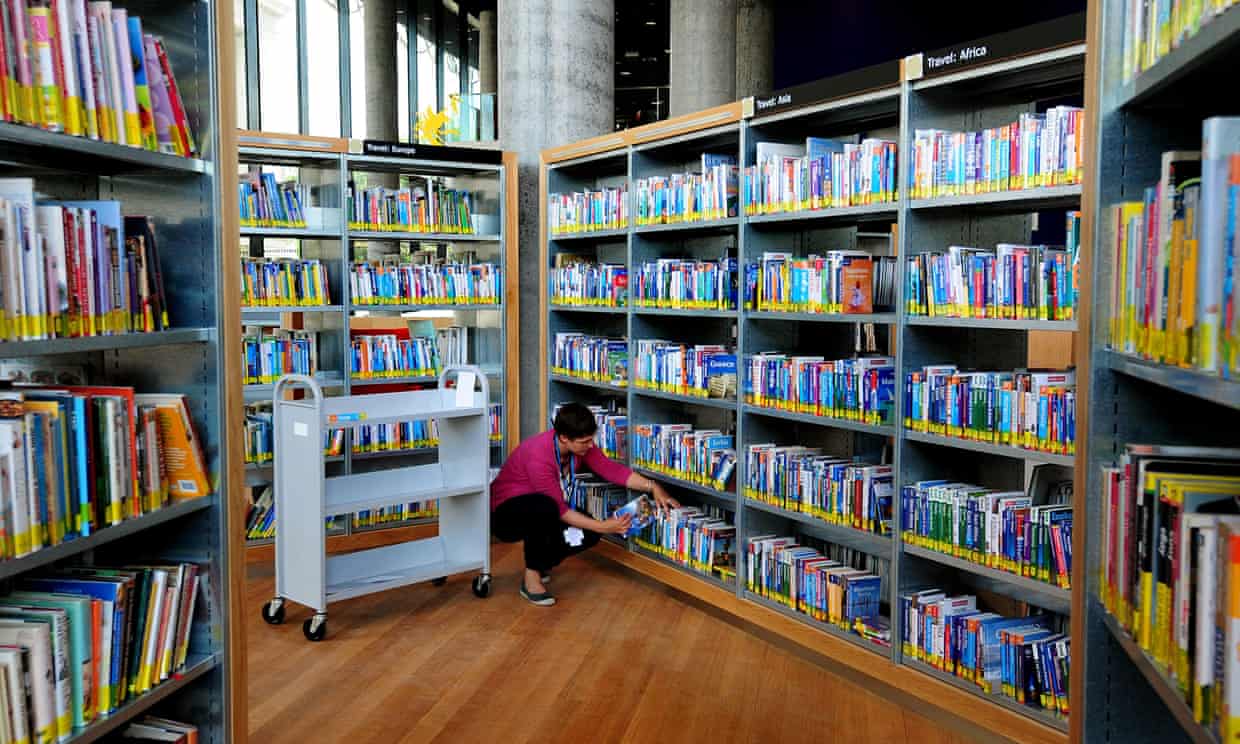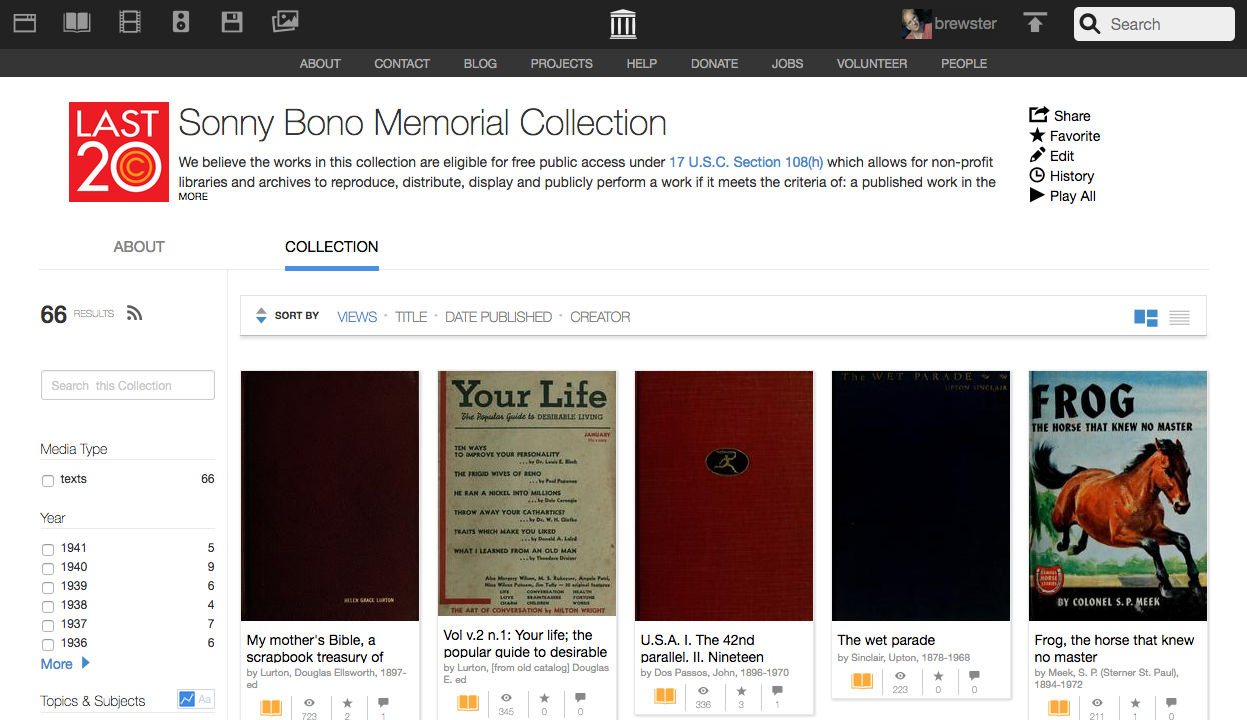Travel books | International | Reader's advisory
Foreign ambassadors to the U.S. share their book and movie recommendations for visitors to their countries. Be sure to read and watch them before you go!

Illustration by Jana Walczyk
Cultural immersion is a large part of what makes traveling to a foreign country so rewarding, but you can take in the culture before you even set foot on a plane. We asked international ambassadors in Washington, D.C. to pick the book and film they believe first-time visitors to their country should consume before they arrive. Their choices range from the very popular to the relatively obscure, but they all offer a good starting point for travelers who long for a truly rewarding experience.
We have created a digital guide to these ambassador’s cultural picks, which we will continue to expand upon as more ambassadors contribute. This list can serve as both a resource for readers to learn about other countries and a cultural guidebook for travelers.
Without further ado, here are the picks for each country (in alphabetical order). Some choices include commentary from the ambassadors themselves.
Note: "H.E." stands for His or Her Excellency, the official title for ambassadors to the U.S.
Happy reading and viewing!
“The Third Man, the British noir from 1949, feels as fresh as ever. Shot entirely on location, you see the city [of Vienna] in ruins and split up into French, American, British and Russian sectors with spies and suspicious officials everywhere. The catchy film score, performed by Anton Karas on a zither, sets the perfect tone."
Travelers and Magicians is about Dondup (Tsewang Dandup), a Bhutanese official infatuated with American culture, who is bored with life in his tiny village and dreams of visiting the United States.
Cultural immersion is a large part of what makes traveling to a foreign country so rewarding, but you can take in the culture before you even set foot on a plane. We asked international ambassadors in Washington, D.C. to pick the book and film they believe first-time visitors to their country should consume before they arrive. Their choices range from the very popular to the relatively obscure, but they all offer a good starting point for travelers who long for a truly rewarding experience.
We have created a digital guide to these ambassador’s cultural picks, which we will continue to expand upon as more ambassadors contribute. This list can serve as both a resource for readers to learn about other countries and a cultural guidebook for travelers.
Without further ado, here are the picks for each country (in alphabetical order). Some choices include commentary from the ambassadors themselves.
Note: "H.E." stands for His or Her Excellency, the official title for ambassadors to the U.S.
Happy reading and viewing!
Austria
H.E. Wolfgang A. Waldner recommends:- Book: The Tobacconist (2012), by Robert Seethaler
- Film: The Third Man (1949), directed by Carol Reed
“The Third Man, the British noir from 1949, feels as fresh as ever. Shot entirely on location, you see the city [of Vienna] in ruins and split up into French, American, British and Russian sectors with spies and suspicious officials everywhere. The catchy film score, performed by Anton Karas on a zither, sets the perfect tone."
Azerbaijan
H.E. Elin Suleymanov recommends:- Book: Ali and Nino (1937), by Kurban Said
- Film: Ali and Nino (2016), directed by Asif Kapadia
Bhutan
Ambassador and Permanent Representative H.E. Kunzang C. Namgyel recommends:- Book: Treasures of the Thunder Dragon: A Portrait of Bhutan (2006), by Her Majesty the Queen Mother Ashi Dorji Wangmo Wangchuck
- Film: Travelers and Magicians (2003), directed by Khyentse Norbu
Travelers and Magicians is about Dondup (Tsewang Dandup), a Bhutanese official infatuated with American culture, who is bored with life in his tiny village and dreams of visiting the United States.







